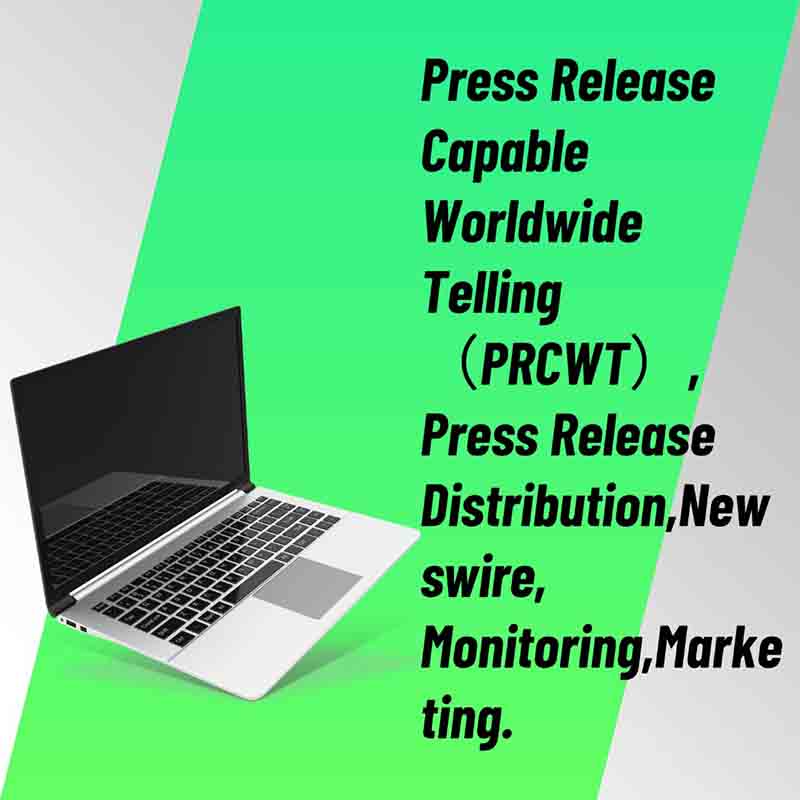In today's digital landscape, content marketing has emerged as a crucial strategy for businesses to connect with their target audiences and drive growth. With the increasing competition and the ever-changing consumer behavior, it has become essential for brands to create engaging and valuable content that resonates with their customers. This article explores the significance of content marketing, its various forms, and how it can be leveraged to achieve business goals.
Content marketing is not just about creating text-based content such as blog posts and articles. It encompasses a wide range of digital assets, including videos, infographics, podcasts, and social media posts. The key is to provide content that is relevant, useful, and entertaining to the audience, while also aligning with the brand's messaging and values.
According to recent industry data, businesses that invest in content marketing see a significant return on investment. On average, companies that have a strong content marketing strategy generate 67% more leads than those that do not. Additionally, content marketing can help improve brand awareness, enhance customer engagement, and drive conversions.
One of the main benefits of content marketing is its ability to build trust and credibility with the audience. By providing valuable information and insights, brands can position themselves as experts in their respective fields and gain the trust of their customers. This trust can then translate into repeat business and referrals.

Another advantage of content marketing is its scalability. Unlike traditional advertising methods, content marketing can reach a wide audience at a relatively low cost. With the right content strategy and distribution channels, brands can reach millions of people with just a few clicks.
To be successful in content marketing, it is essential to have a clear understanding of the target audience. This includes their interests, pain points, and behaviors. By creating content that addresses these needs, brands can attract and engage the right audience.

In addition to understanding the audience, it is also important to have a well-defined content strategy. This includes setting goals, identifying key messages, and determining the types of content that will be created and distributed. A content calendar can also be helpful in planning and organizing the content production process.
Distribution is another critical aspect of content marketing. Brands need to ensure that their content is reaching the right audience through the right channels. This can include social media platforms, email marketing, search engines, and content syndication.
Measuring the success of content marketing is also essential. By tracking key metrics such as website traffic, engagement rates, and conversions, brands can determine what is working and what needs to be改进. This data can then be used to optimize the content strategy and improve the overall performance.
In conclusion, content marketing is a powerful tool for businesses in the digital age. By creating engaging and valuable content, brands can build trust with their audience, drive growth, and achieve their business goals. With the right strategy, distribution, and measurement, content marketing can be a highly effective and scalable marketing approach.